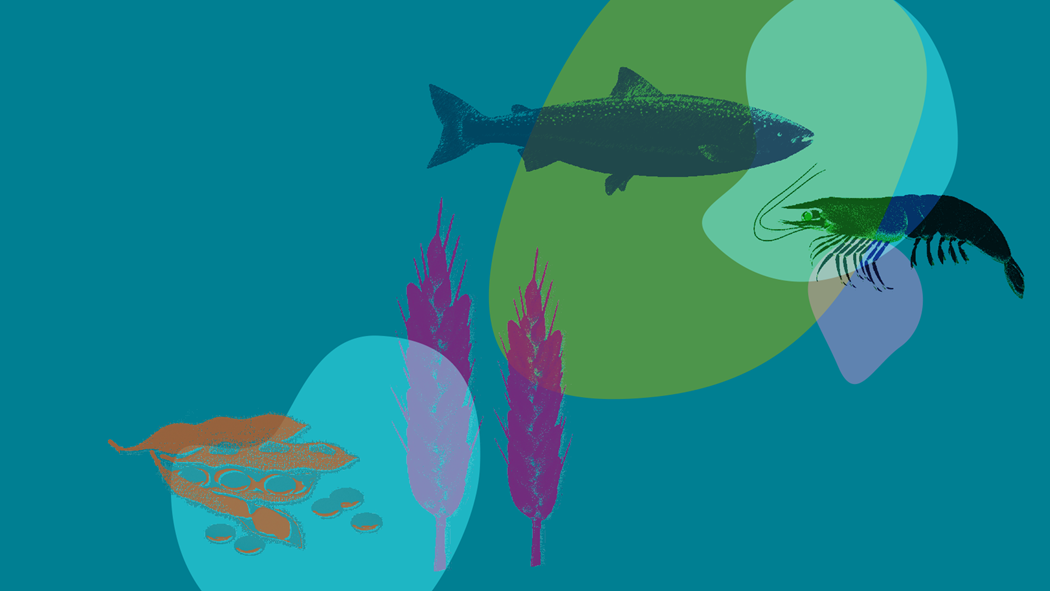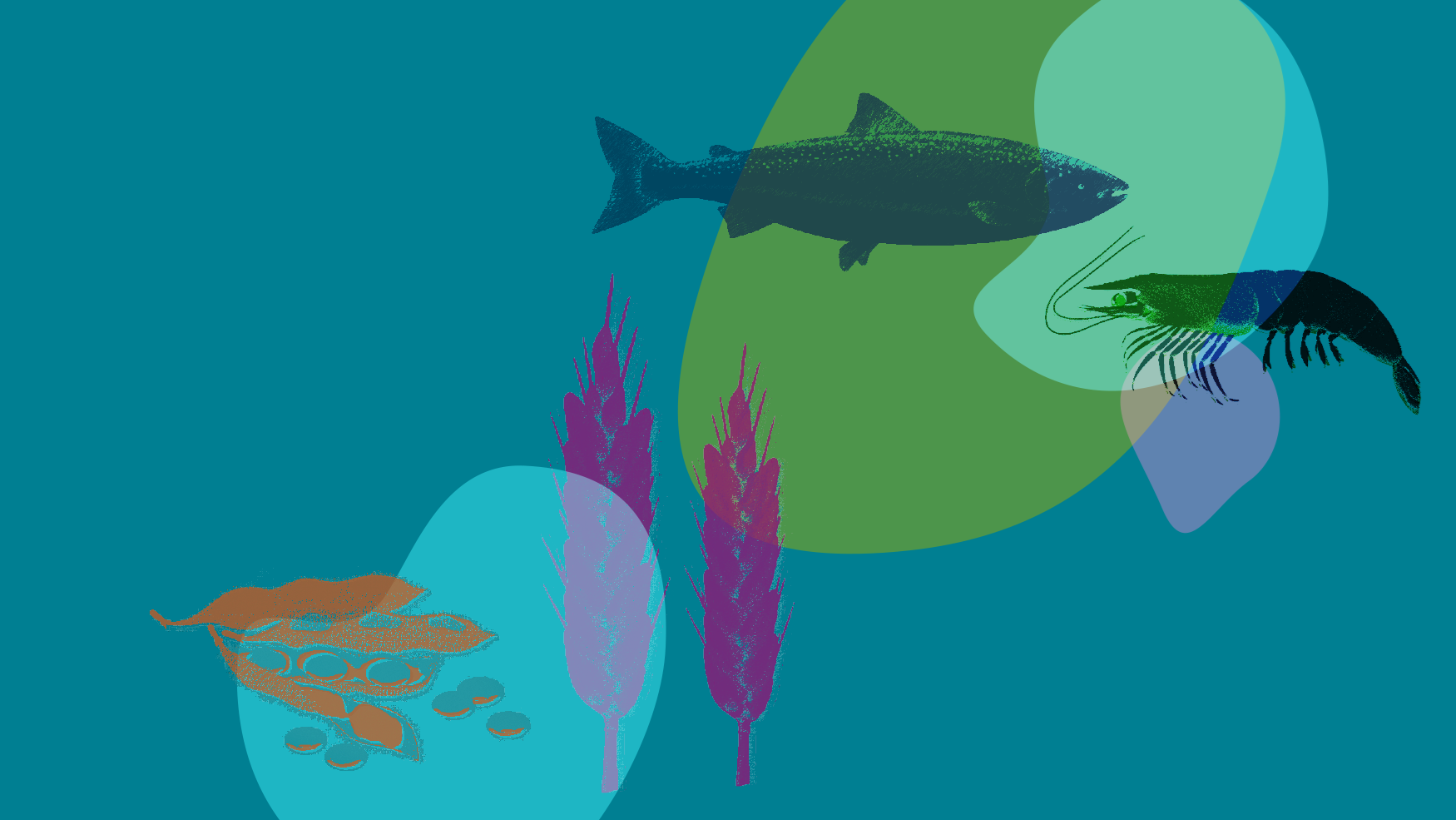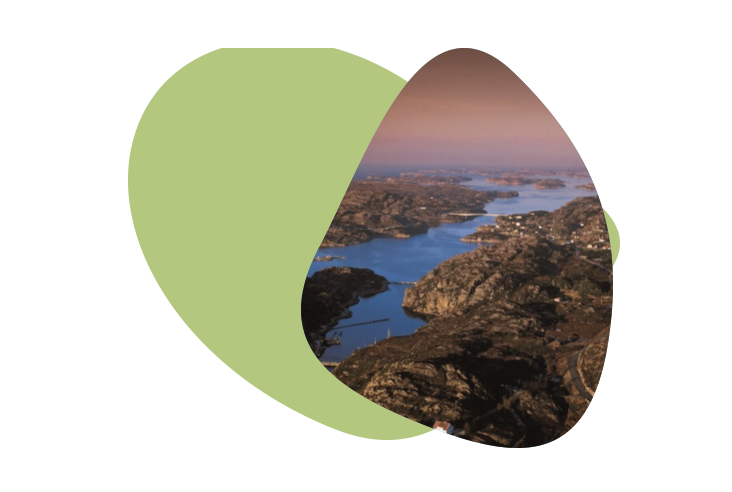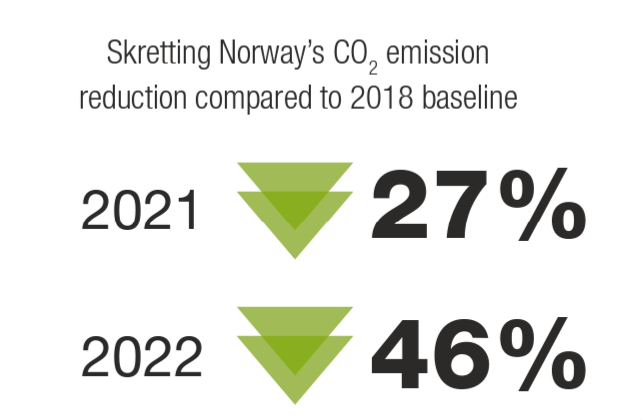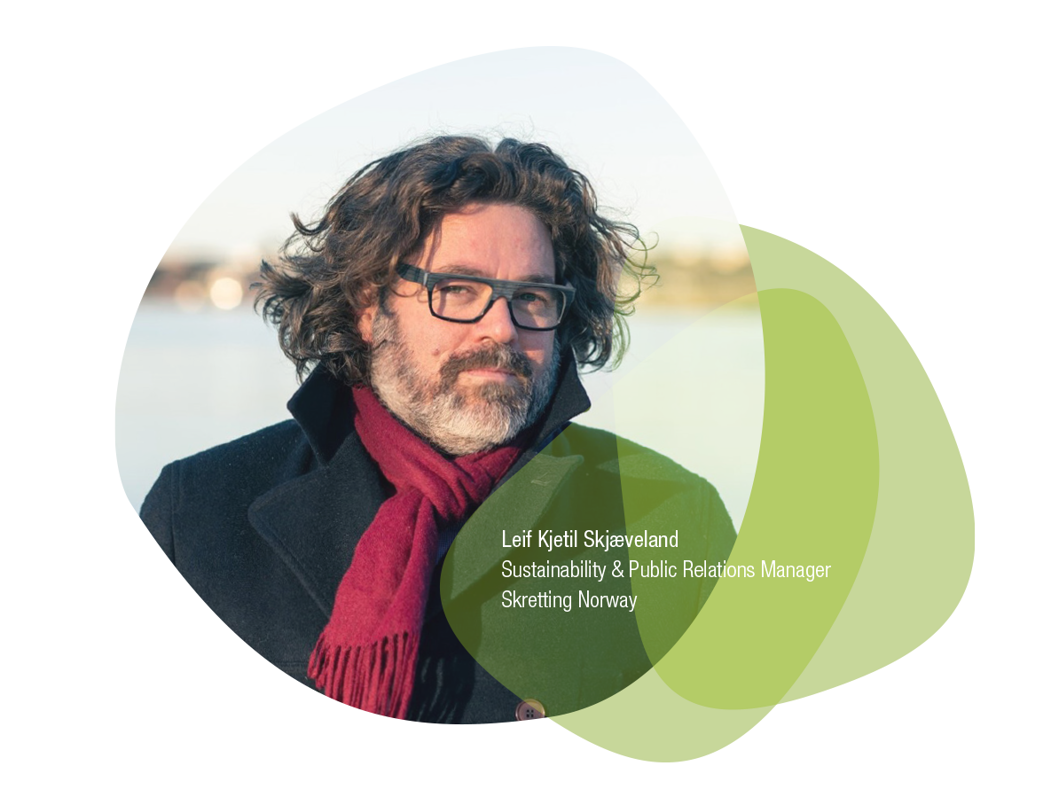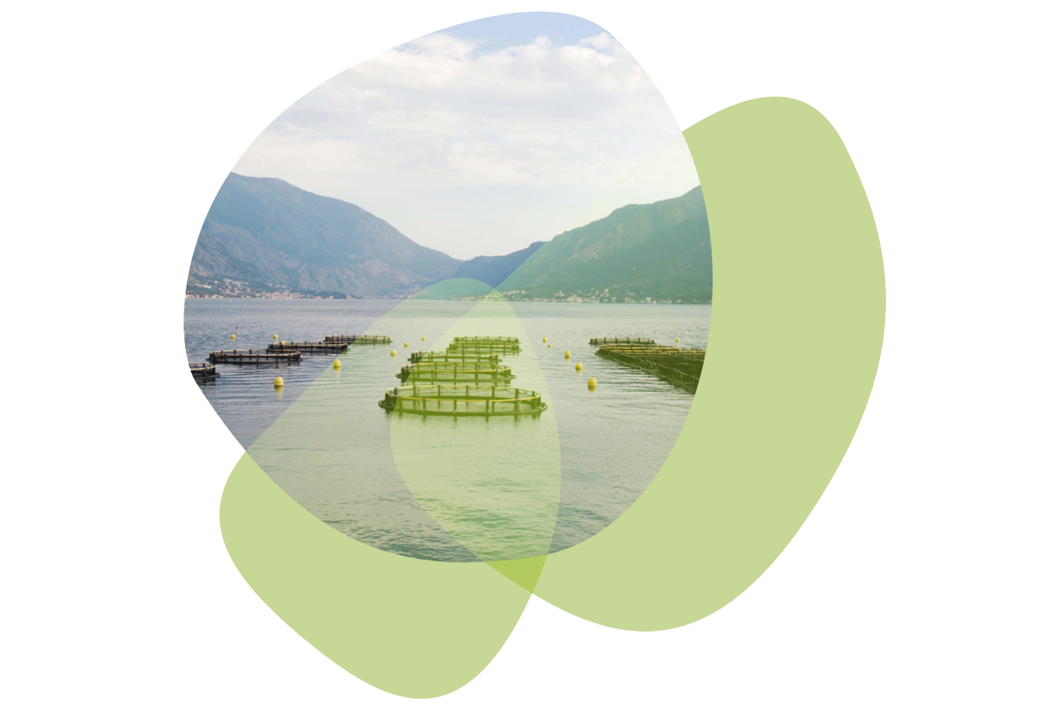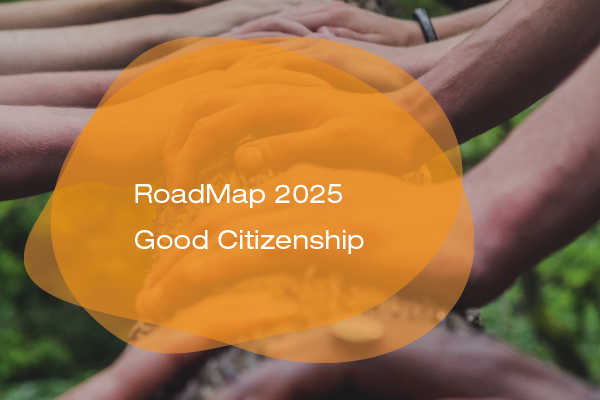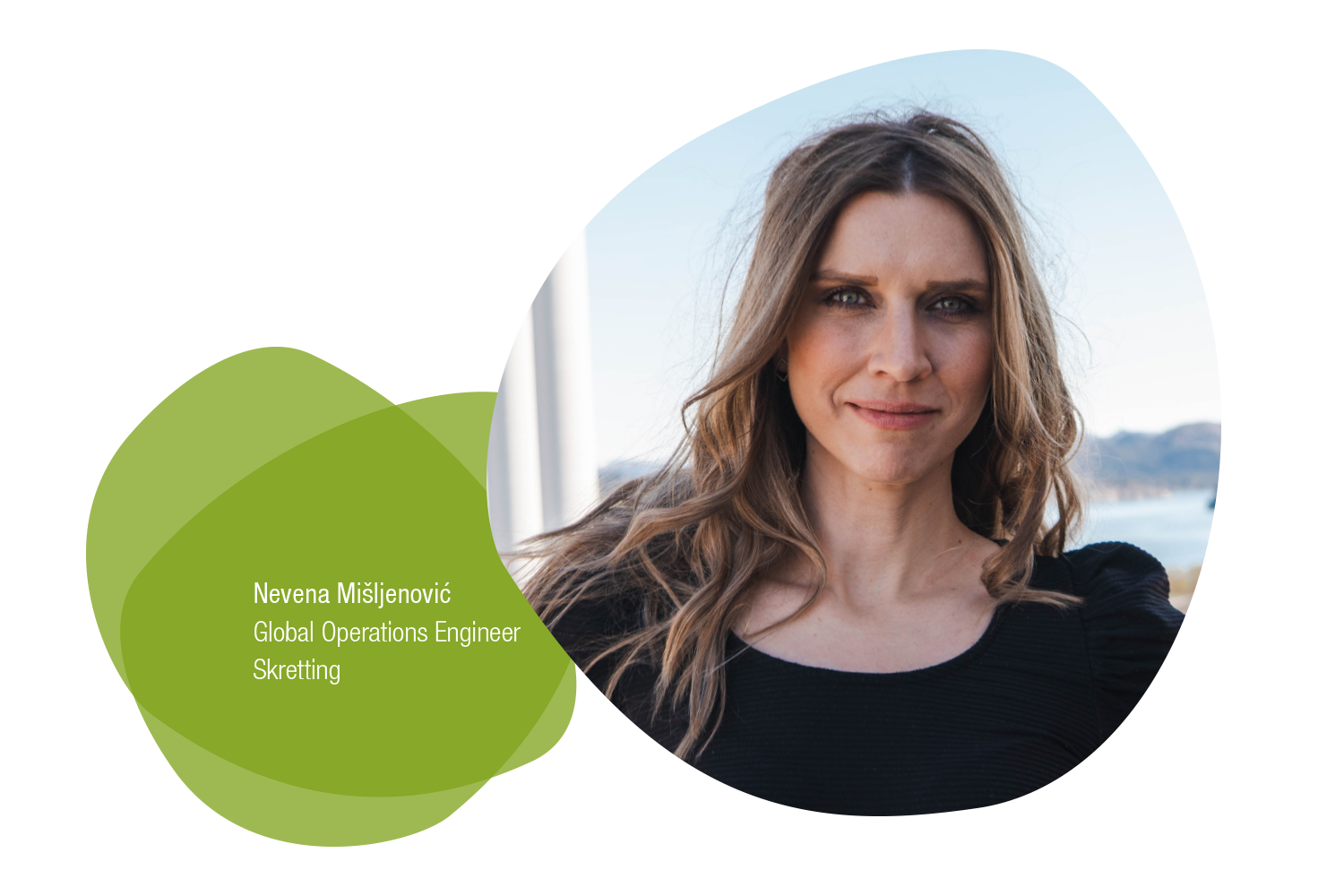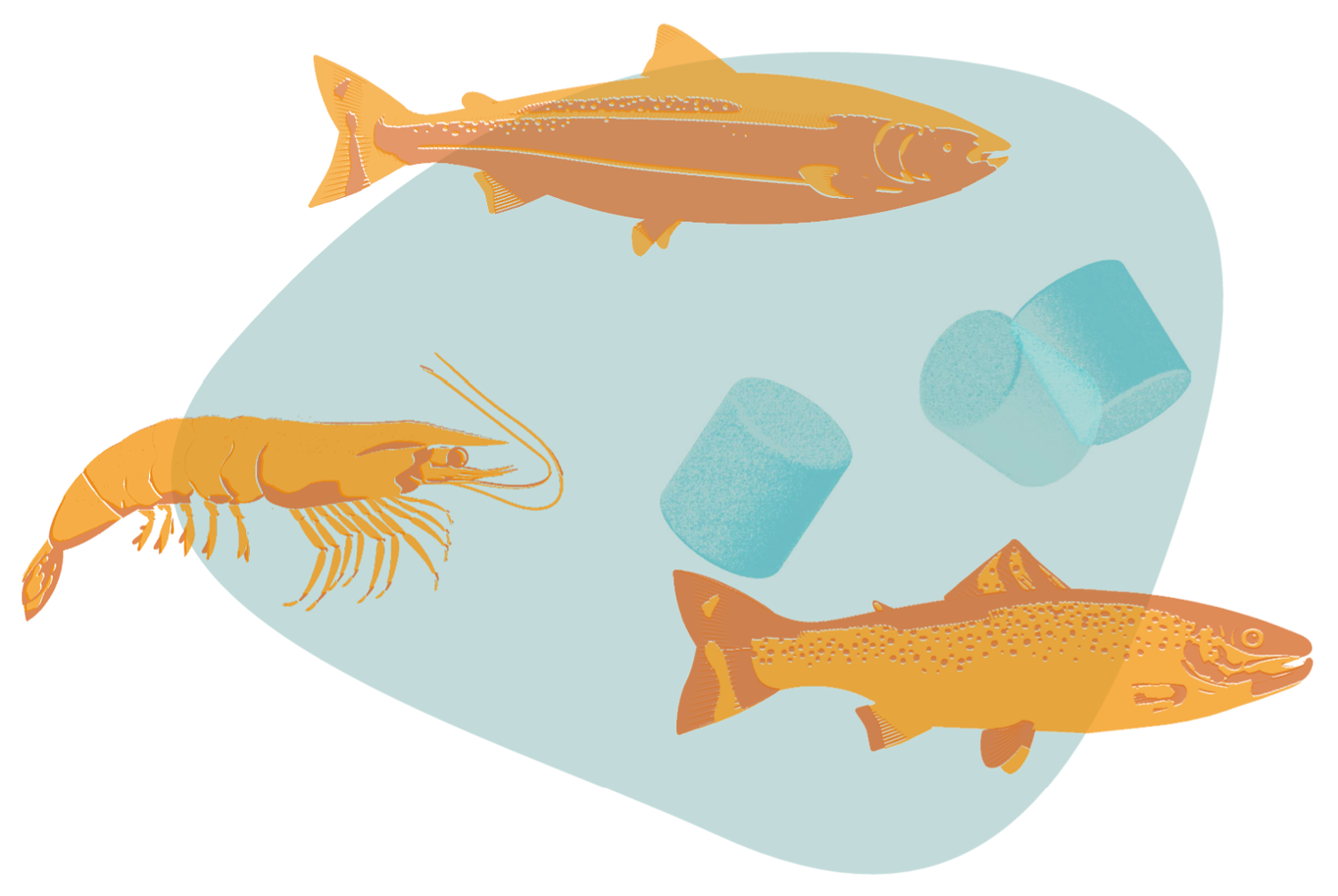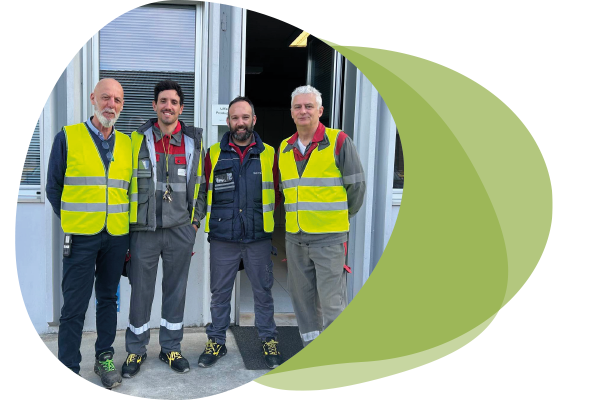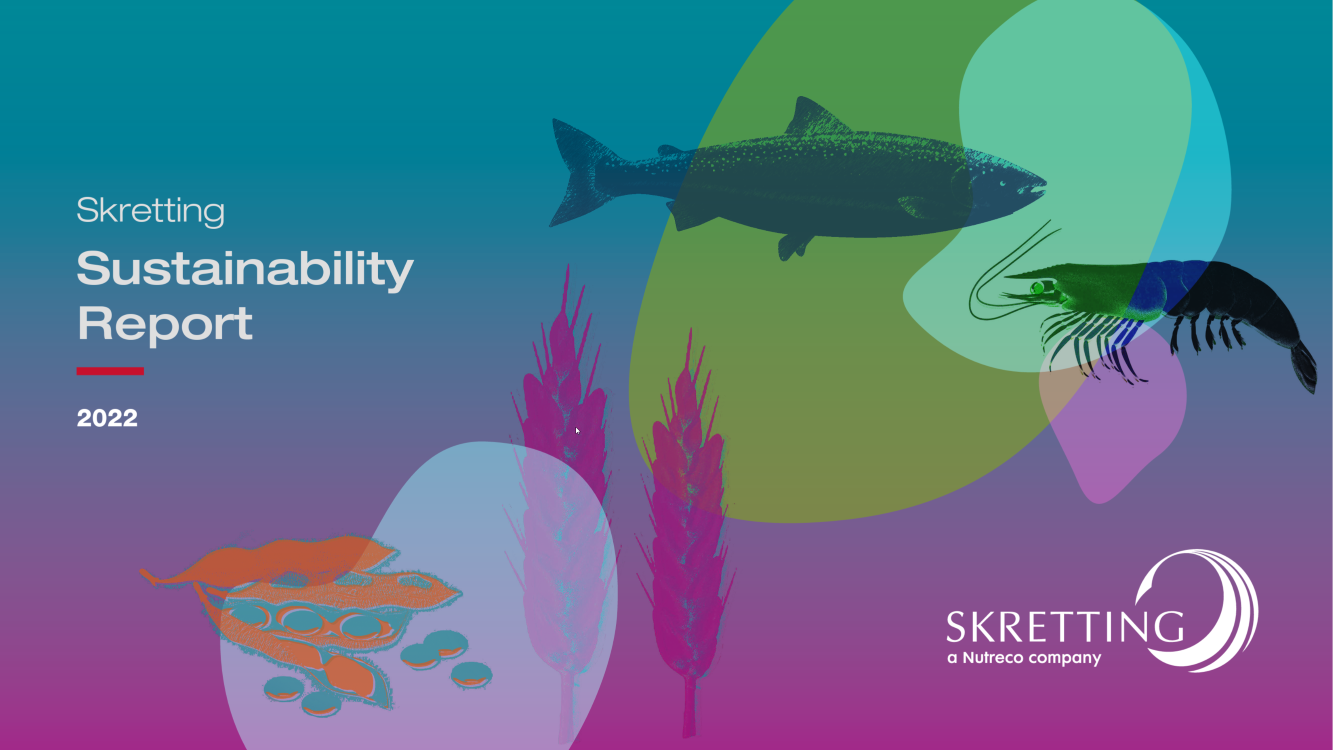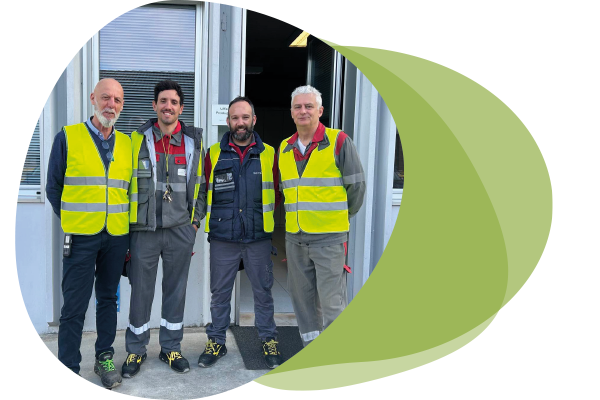
Skretting Italy – a sustainability frontrunner
Over the years Skretting Italy has been recognised as a sustainability frontrunner in Skretting. Last year was particularly successful for the team in Mozzecane regarding their KPIs. The team implemented many improvement projects in the plant that resulted in reduction of energy, CO2e, and water per tonne of feed. A continuous focus on dryer optimisation, regular housekeeping and successful implementation of our operational excellence project were key components of the success. In addition, CO2e reduction was enhanced by on-site solar electricity generation and replacement of a small service diesel boiler with an electric boiler.
